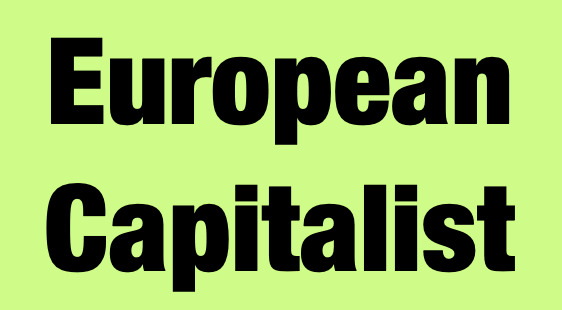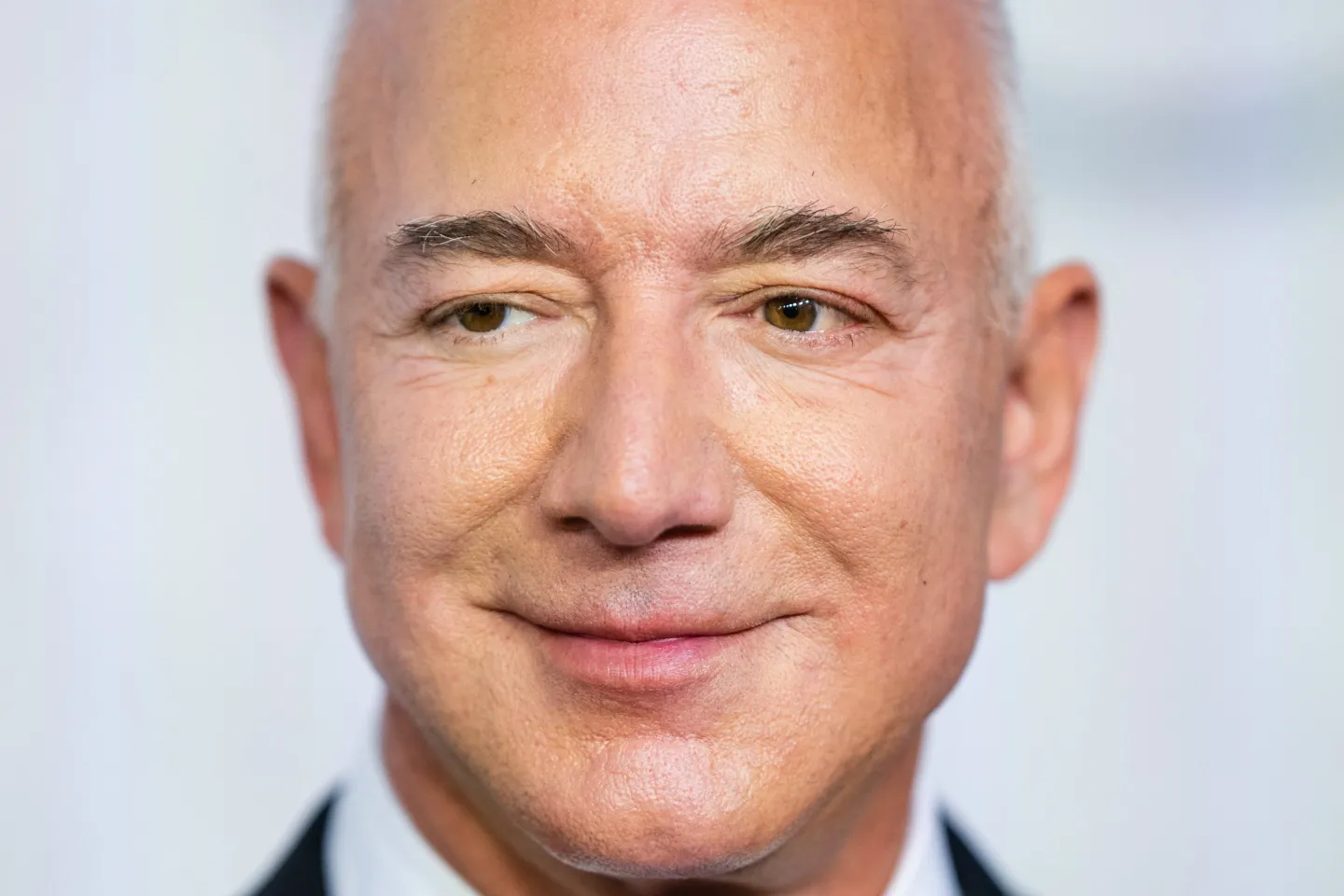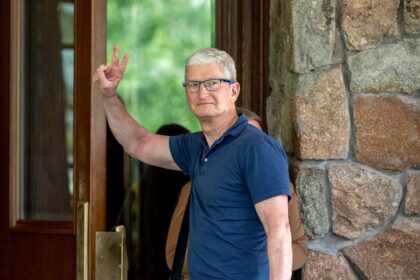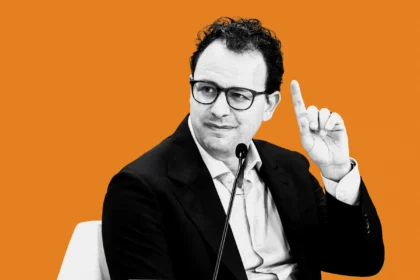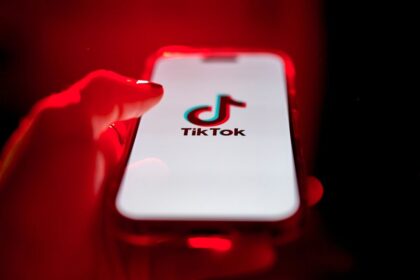Jeff Bezos, the founder of Amazon and one of the world’s most prominent entrepreneurs, has shared insights into the nature of stress, challenging conventional ideas that equate long hours and intense work with burnout. In a recent discussion, Bezos explained that stress is less about the amount of work one does and more about ignoring important issues — a perspective that offers a fresh lens on productivity, leadership, and personal fulfillment.
“Stress comes from ignoring things you shouldn’t be ignoring,” Bezos said. “You can be working incredibly hard and loving it. But if you’re avoiding problems or responsibilities, that’s when stress accumulates.”
Hard Work vs. Avoidance
Bezos emphasized the difference between productive hard work and the mental strain caused by procrastination or neglecting critical tasks. For him, the secret to enjoying demanding work is facing challenges head-on rather than allowing unresolved issues to fester.
“People often assume that being busy automatically equals stress,” he noted. “But you can be busy solving meaningful problems, pushing boundaries, or building something important — and actually feel energized rather than drained.”
This approach aligns with the philosophy Bezos applied throughout Amazon’s growth: relentless focus on high-priority initiatives, a willingness to confront difficult decisions, and maintaining ownership over the outcomes.
The Role of Passion and Engagement
A key factor in Bezos’ view is engagement. When work aligns with one’s passions and skills, even high workloads can feel rewarding. He cites examples from his own career: leading Amazon’s expansion into cloud computing, logistics, and global retail required long hours and intense focus, yet the projects brought deep satisfaction and a sense of purpose.
“You can be working incredibly hard and loving it,” he said. “The kind of work that excites you doesn’t feel like punishment. It feels like an opportunity.”
For employees, Bezos suggests seeking roles where they are fully engaged and allowed autonomy, rather than being forced into repetitive tasks or micromanaged workflows — conditions that often create genuine stress.
Stress Management in Leadership
Bezos’ observations also carry lessons for leadership. Managers and executives frequently encounter high-pressure situations, and how they prioritize and address issues can directly impact their stress levels and organizational health.
- Address problems promptly: Avoid letting unresolved issues grow into crises.
- Prioritize effectively: Focus on tasks with the highest impact rather than reacting to trivial demands.
- Create clarity: Uncertainty is a major driver of stress. Clear communication and defined responsibilities can mitigate pressure.
- Align work with purpose: Engagement and ownership over projects reduce the sense of burden, even when work is intense.
Bezos’ philosophy suggests that effective leaders not only manage external pressures but also cultivate an environment where employees feel empowered to tackle challenges without fear.
Work-Life Integration, Not Avoidance
While Bezos does not downplay the intensity of entrepreneurship or high-level executive work, he frames stress less as a function of hours and more as a product of neglecting responsibilities or avoiding difficult conversations.
For professionals, this reframing can change how they approach deadlines, meetings, and strategic decisions. Rather than fearing overwork, individuals can focus on proactive problem-solving, which allows them to embrace demanding projects while maintaining mental clarity and satisfaction.
Implications for Modern Work Culture
Bezos’ insights challenge the common narrative that stress is inherently linked to hard work or long hours. Instead, stress is often self-inflicted by postponing difficult issues or failing to take ownership.
This perspective has broad implications:
- Entrepreneurs: Focusing on confronting obstacles early can prevent crises and maintain motivation.
- Employees: Engaging with meaningful work, even when challenging, can reduce burnout compared to performing unimportant tasks.
- Organizations: Encouraging transparency, accountability, and purpose-driven work can lead to higher productivity and lower stress across teams.
Ultimately, Bezos’ message reframes stress as a byproduct of inaction and misalignment, rather than the natural consequence of ambition.
Conclusion: Facing What Matters
Jeff Bezos’ approach to stress is both simple and profound: confront issues directly, prioritize what truly matters, and engage with work that excites and energizes you. By doing so, even the most demanding projects can feel rewarding rather than overwhelming.
In an era where work culture often glorifies busyness and long hours, his advice offers a counterintuitive truth: hard work does not have to equal stress — ignoring the important things does. For entrepreneurs, employees, and leaders alike, the path to sustainable performance may lie not in working less, but in facing what cannot be ignored.

